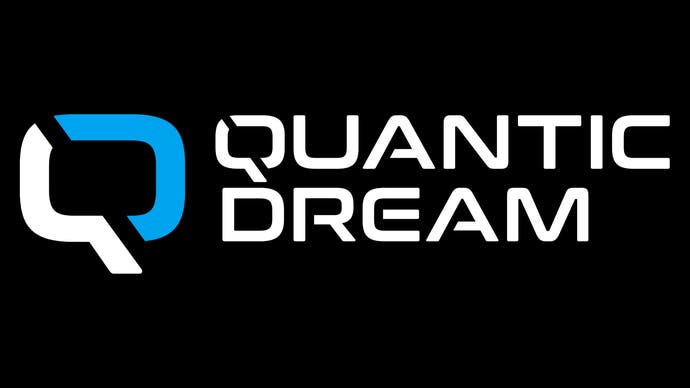David Cage defends response to allegations of unhealthy studio culture at Quantic Dream
"I don't think we had an aggressive attitude."
David Cage has responded to allegations of unhealthy studio culture and inappropriate behaviour at Quantic Dream, which he previously described as a "smear campaign".
Published in this month's Edge Magazine, Cage discusses in depth the company culture of the studio and denies a lack of humility in its response to allegations.
"I don't think we had an aggressive attitude," he said. "When you're accused of things that go against everything you believe in, everything you've done in your life, it hurts. It went beyond just attacking the studio culture.
"Of course, like any human organisation, we are not perfect by any means," Cage continued. "But are we the kind of studio that was described? Our employees have said repeatedly: it's not true. Can we improve? Yes. Have we made mistakes in the past? Probably. But we had to do something about what was being said. We were so hurt by specific allegations that we know are wrong or false, that we had to defend ourselves. We wanted people to hear our voice."
Back in 2018, a number of reports in French media claimed Quantic Dream had a schoolboy culture of racism and sexist jokes. One instance at the company stood out in particular: an employee who Photoshopped images of his co-workers on to the bodies of Nazis and semi-naked women.
Cage notes to Edge these were "unacceptable images" and that the situation was dealt with in less than two hours, before stating: "I do not believe we have ever been a toxic company."
He continues: "We have never held these horrible values. Since the start, 25 years ago, the company has always been based on humanist values of inclusivity. We have always championed diversity. You can see this through the games we make.
"These values are upheld in our company. Half of our managers are women. We have had LGBT employees present at all levels of the studio since day one. We have a high retention rate in an industry where turnover is the rule. Time after time, in anonymous third party surveys, employees state that they prize the atmosphere in the studio, the fact that it's a warm, friendly place to work."
Quantic Dream and Cage himself subsequently launched lawsuits against the three French media companies who jointly investigated the studio, alleging libel, with mixed success.
Cage now states that anyone unhappy with the company's culture would have left.
"Anyone who thought this is a toxic place would be gone. And if one per cent of the allegations were true, it would have been a disaster for us because everybody would have left. But you can see that there was a strong sentiment that the team wanted to stand by their studio," he said.
Other accusations were aimed at Cage himself, claiming he made homophobic and misogynstic remarks in the studio - something he also refutes.
"I have never said or even thought such things. I fully understand people were shocked by seeing those words, and I am deeply sorry for the pain and confusion they have caused to women and the LGBTQIA+ community. The quotes are abhorrent, and they do not reflect my views, nor the views of anyone at Quantic Dream," he said.
Additionally, Cage has responded to claims of crunch culture in the studio.
"There is no crunch culture within the studio. I wouldn't have said the same thing 25 years ago, but since then we came to understand that it is not the best method. All extra hours are voluntary and paid, according to French law. We also tried to be careful about not spending too many extra hours here, so it remains within reasonable boundaries. And we also always check in with people that they don't make too many compromises in their personal life. People are free to work extra hours, and they are free to decline them. There's no social pressure."
The interview also delves into the tough subject matter of Cage's games - in particular the domestic violence seen in Detroit: Become Human, which courted controversy from campaigners.
Cage has defended his right to tackle serious themes in his work, stating: "I believe you can talk about anything if you do it with sensitivity and care".
"Yes, I am a white male. I'm 53. But I'm also a writer. Can I write only about 53-year-old white males who live in France? Or isn't the work of a writer to put yourself in the shoes of someone else and try to imagine what it's like to be them?" he said.
"Yes, you need to do it with extreme sensitivity, but there is no rule saying that writers should only write about themselves. I'm also not the only one working on this script - many people read it, including women. We had sensitivity readers, too. It's not just me randomly writing something and publishing it. There's a process to ensure care."
The studio's next game will be Star Wars Eclipse, revealed last year. The interview also notes Quantic Dream is entering a new phase as a multi-project studio, so another project announcement seems likely soon.


